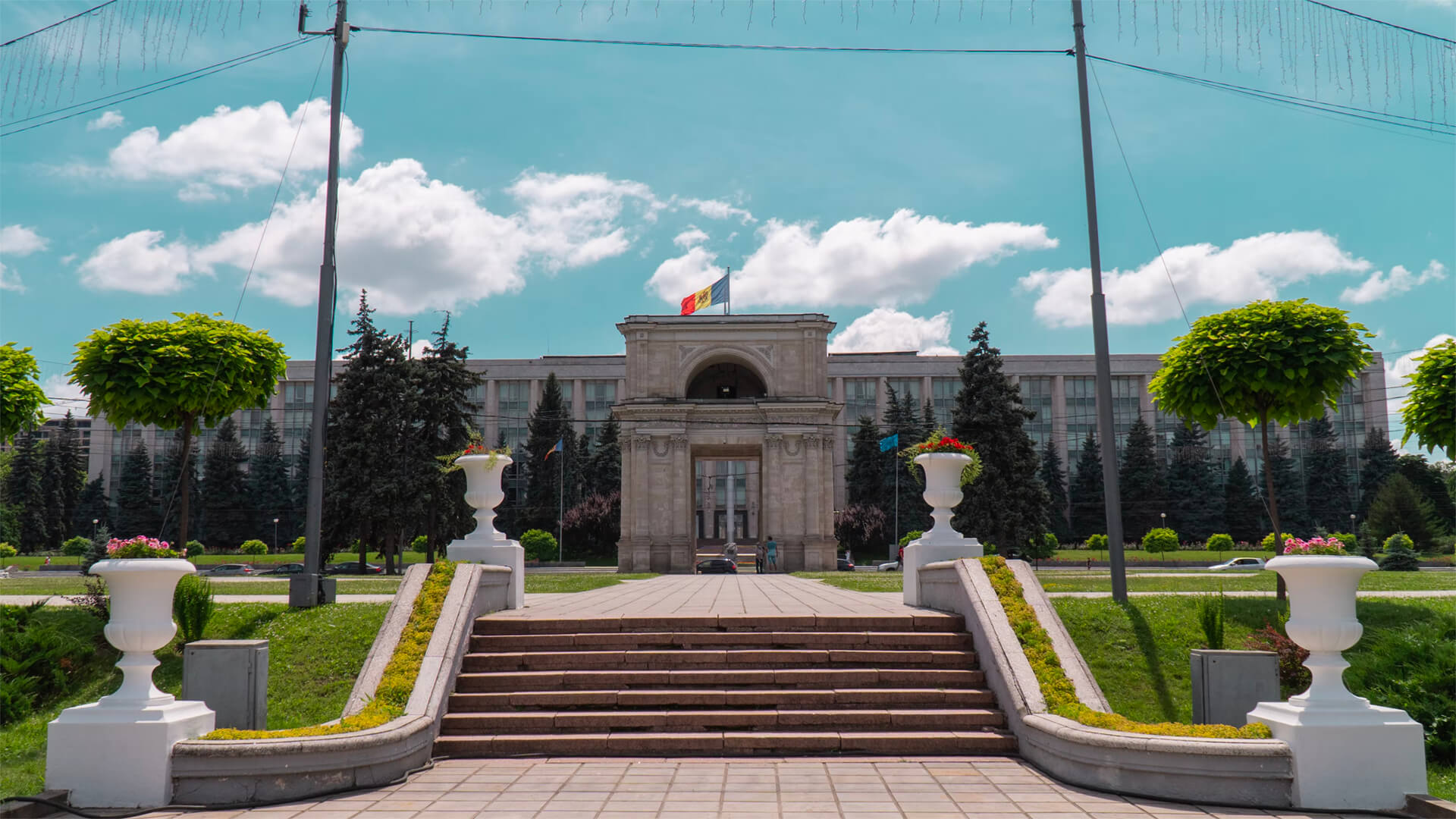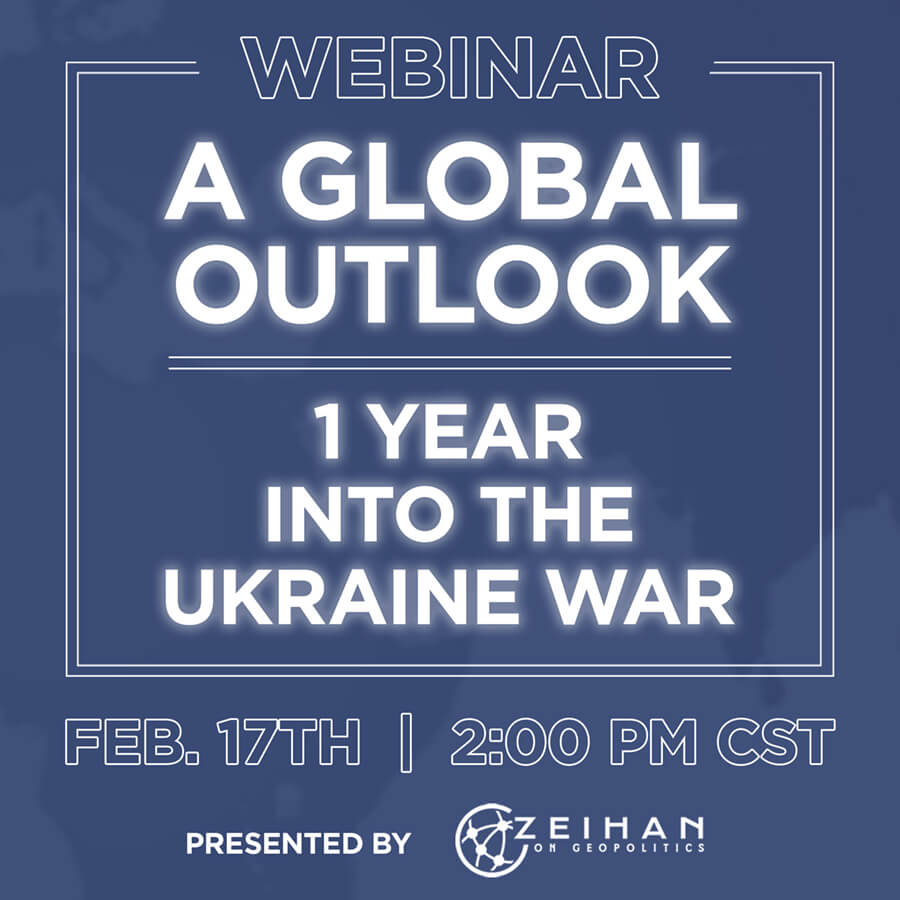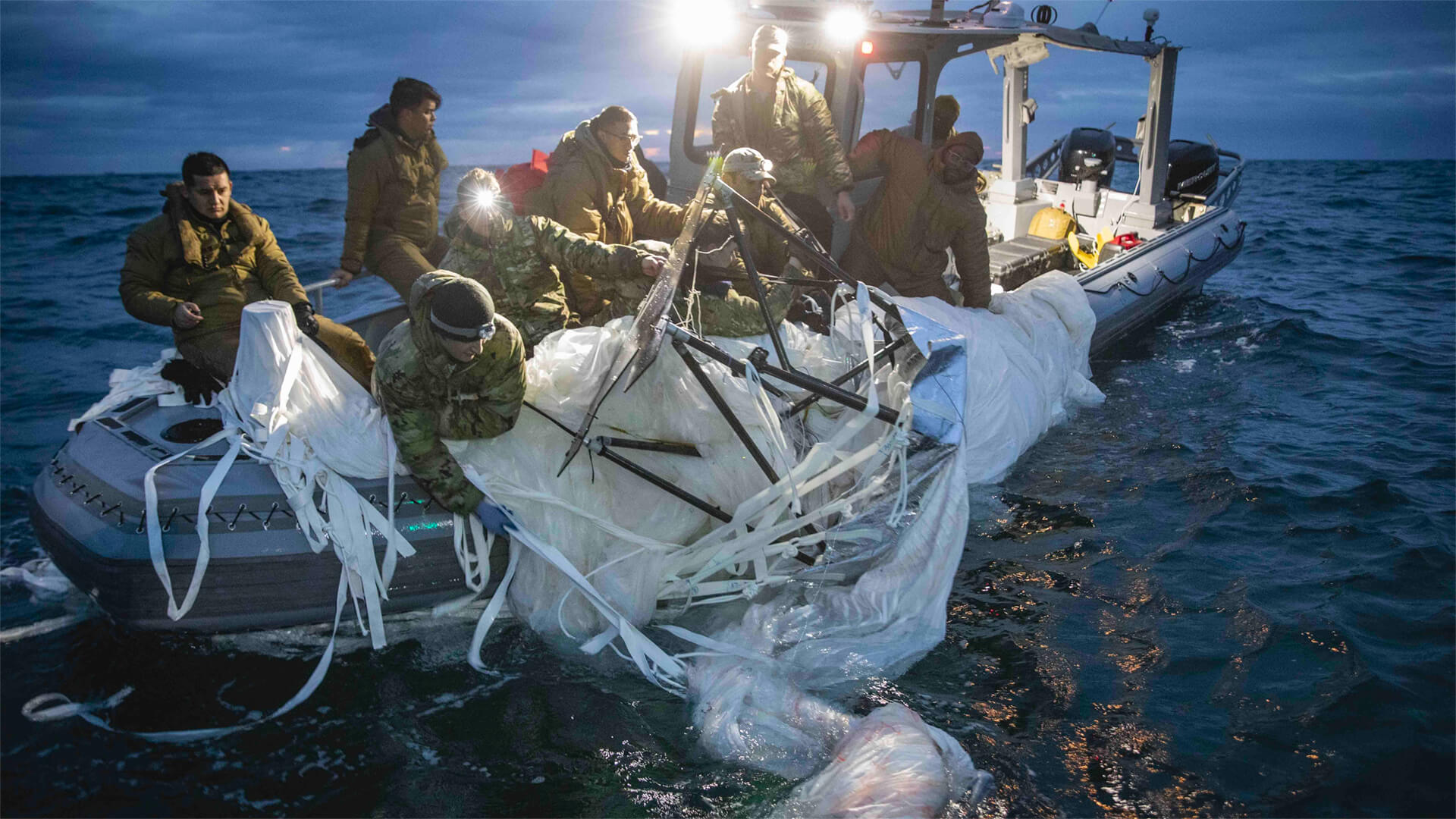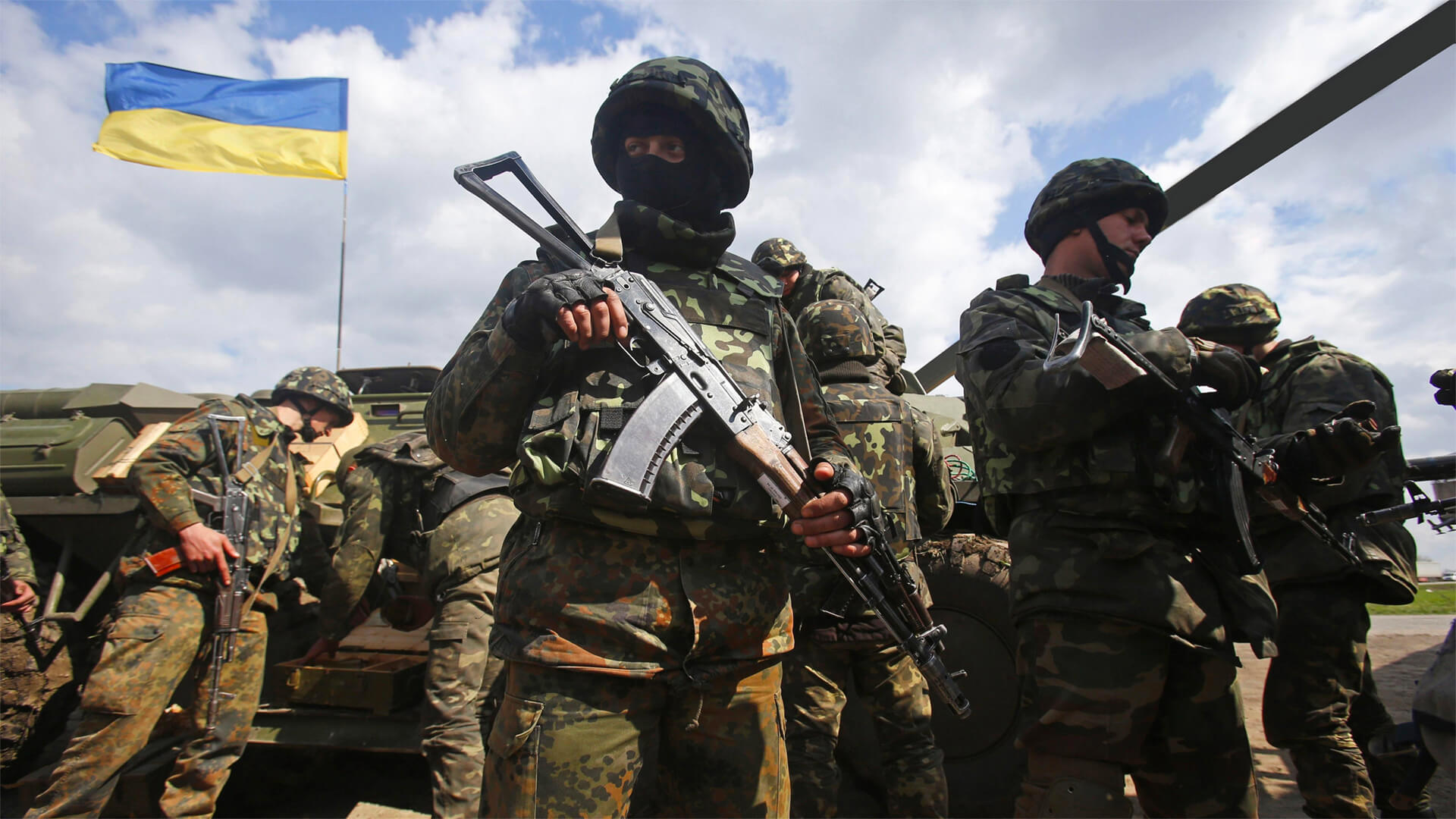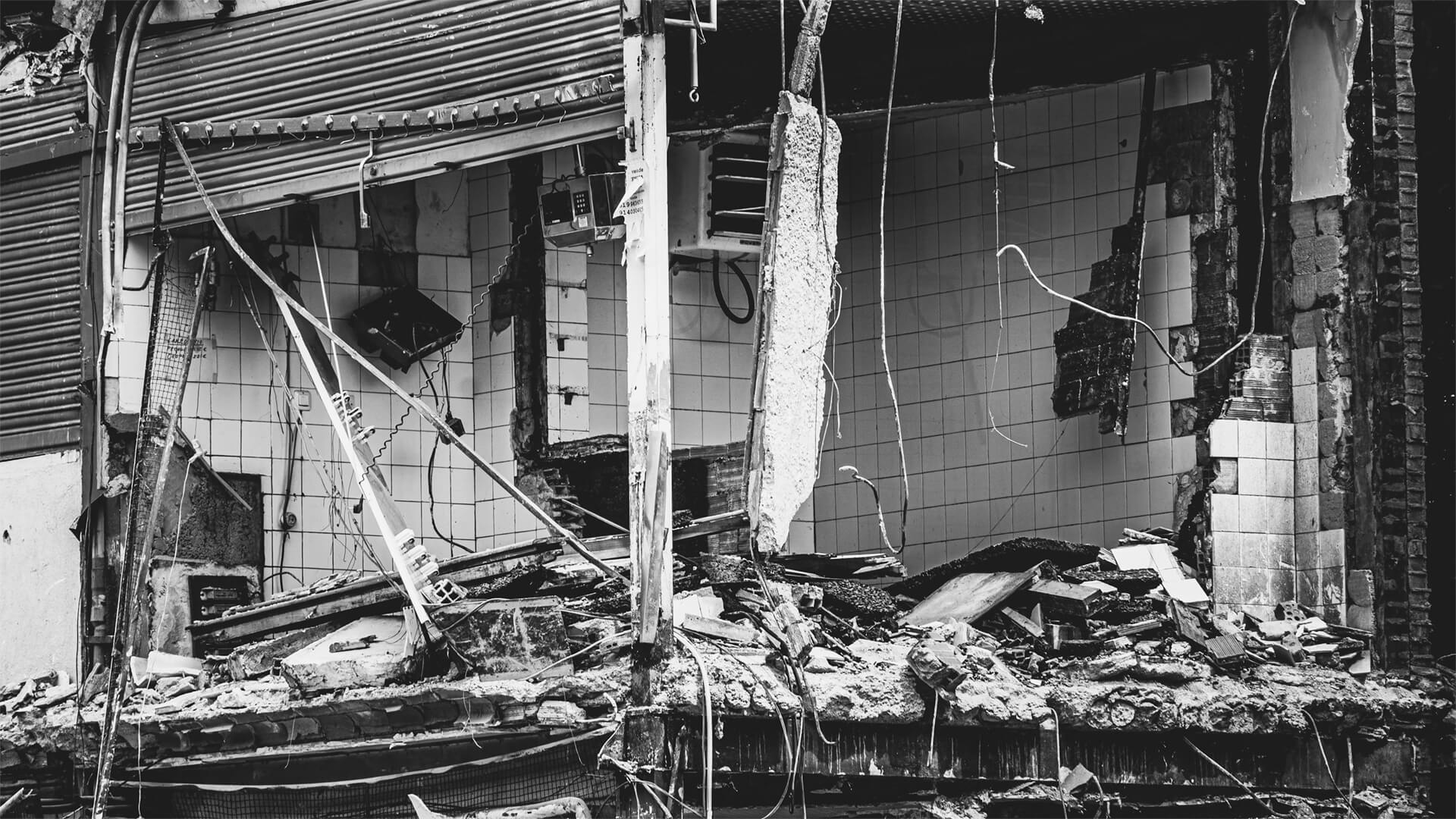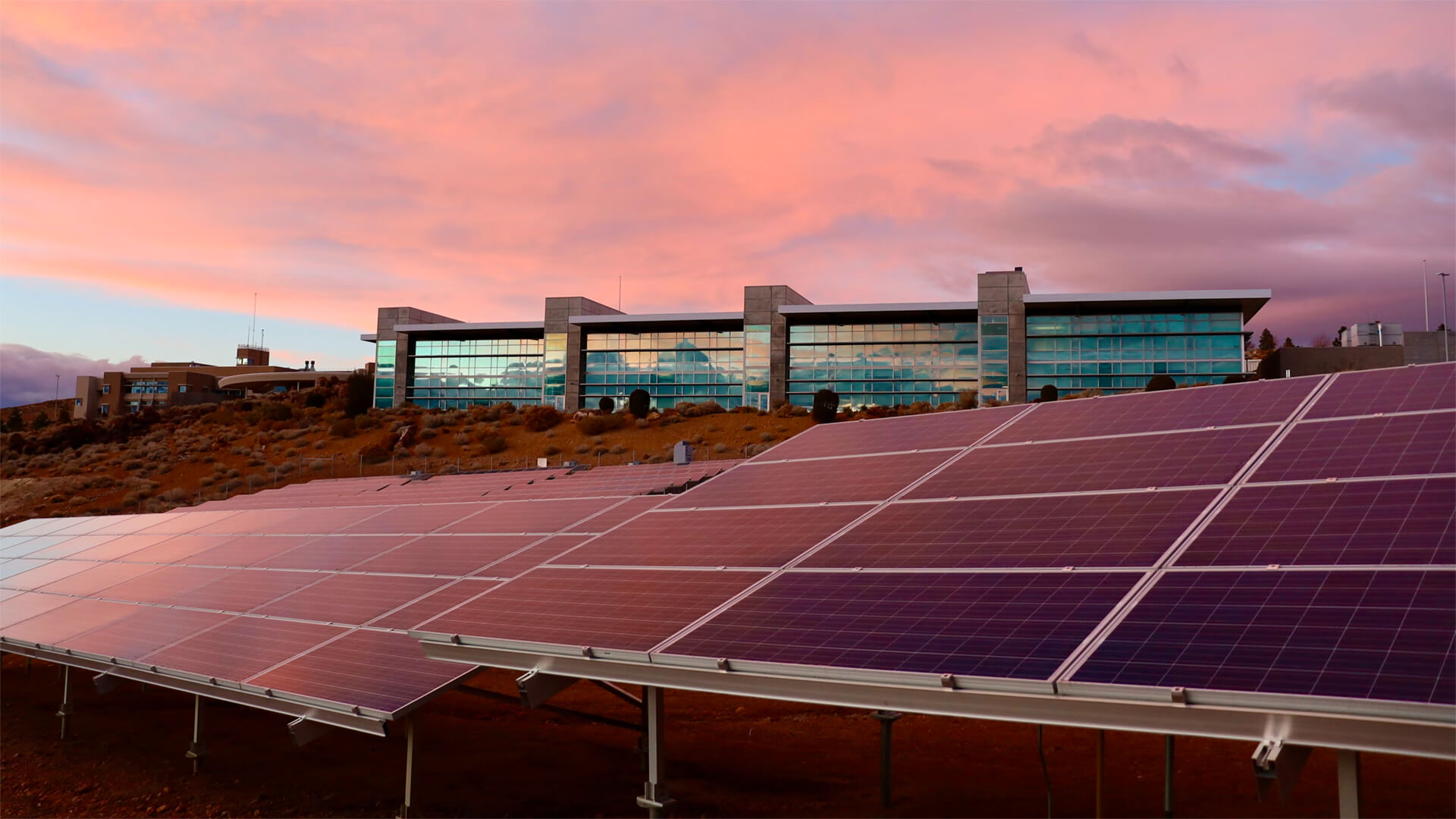Before we jump into the newsletter, I wanted to remind you that tomorrow is the big day! Join the webinar and learn how the Ukraine War has affected global supply chains, agriculture and much more. Click the link below for more info, and I look forward to seeing you there!
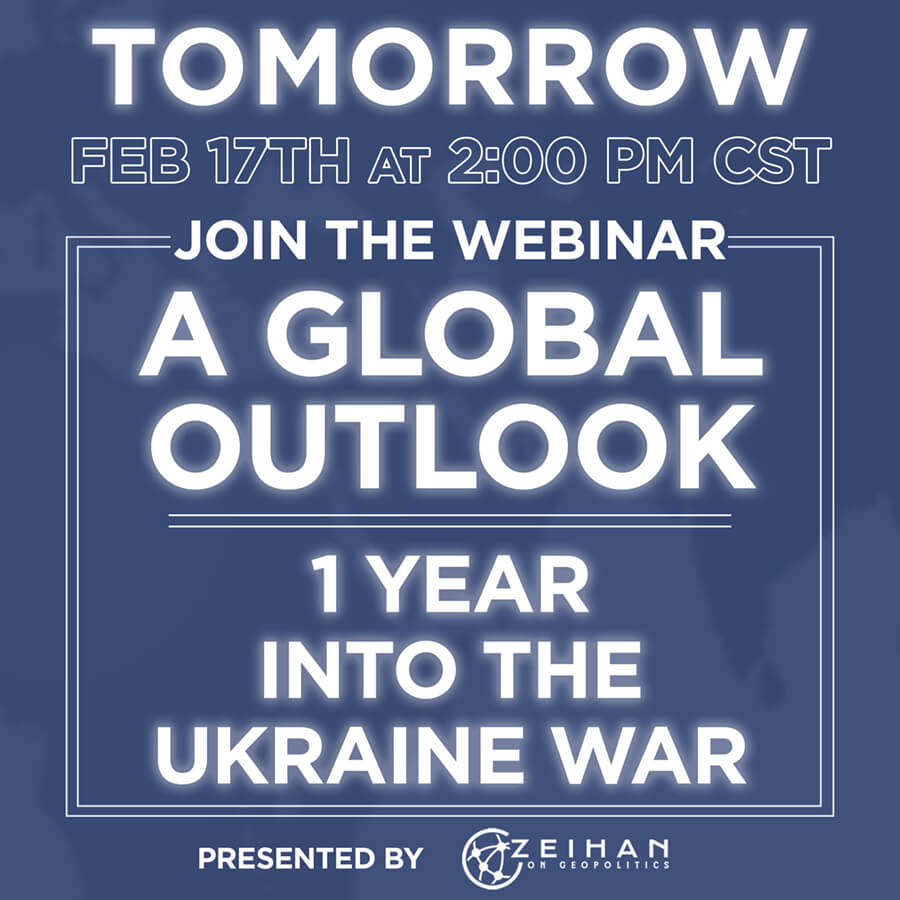
Federal Reserve Chairman Jerome Powell wants to shrink the balance sheet to zero over the next few years. And while this may be good for the economy and the US overall, not everyone will like the outcome…especially our vest-wearing friends down on Wall Street.
So how did we get here? Well, the Fed is in the business of preventing economic crises, and one function of that is having the “tools” to do so. The typical “tools” we see are using interest rates and other money operations to manipulate the financial system, but what happens when that’s not enough?
Since the 2008 financial crisis, the US economy has seen all the unorthodox tools in the toolbox. One of those is purchasing bonds on the secondary markets…to the tune of $9 trillion. That’s not an easy pill to swallow for everyone, but it goes down a bit easier when the alternative is a depression.
Now that the economy has seen a few years of growth and unemployment is at an all-time low, the Fed is ready to pack up its unorthodox “toolbox” to be better prepared for a future economic downturn. So what does this all mean?
Lots of money is coming off the table very soon. With the Fed pulling back and the Baby Boomers aging into retirement, we’re about to see almost a third of all available capital leave the system. Hopefully, your financial advisor is really, really good.
Prefer to read the transcript of the video? Click here
Here at Zeihan On Geopolitics we select a single charity to sponsor. We have two criteria:
First, we look across the world and use our skill sets to identify where the needs are most acute. Second, we look for an institution with preexisting networks for both materials gathering and aid distribution. That way we know every cent of our donation is not simply going directly to where help is needed most, but our donations serve as a force multiplier for a system already in existence. Then we give what we can.
Today, our chosen charity is a group called Medshare, which provides emergency medical services to communities in need, with a very heavy emphasis on locations facing acute crises. Medshare operates right in the thick of it. Until future notice, every cent we earn from every book we sell in every format through every retailer is going to Medshare’s Ukraine fund.
And then there’s you.
Our newsletters and videologues are not only free, they will always be free. We also will never share your contact information with anyone. All we ask is that if you find one of our releases in any way useful, that you make a donation to Medshare. Over one third of Ukraine’s pre-war population has either been forced from their homes, kidnapped and shipped to Russia, or is trying to survive in occupied lands. This is our way to help who we can. Please, join us.
CLICK HERE TO SUPPORT MEDSHARE’S UKRAINE FUND
CLICK HERE TO SUPPORT MEDSHARE’S EFFORTS GLOBALLY
TRANSCIPT
Good morning from still chilly Colorado. Peter Zeihan coming to you to talk about what’s going on in the world of finance. For those of you who have not been watching, the US Federal Reserve chairman Jerome Powell has indicated he plans to shrink the balance sheet down to zero over the course of the next couple of years. So, you know, real quick, what’s the balance sheet and why does it exist?
The Federal Reserve prefers to use interest rates and money operations in order to manipulate the financial system to regulate the flow of capital, the cost of capital, and in general, what happens in the wider world. But from time to time, that is not enough. You can only push interest rates so low. I mean, once you hit zero, there’s really no further to go. And you can only shove so much money into the banking system to encourage lending. If people aren’t borrowing, people are not borrowing.
So from time to time, certainly at the end of the or in the middle of the financial crisis and into COVID, the Federal Reserve dipped into a series of relatively unorthodox tools that use the balance sheet. And what they did is they would expand the money supply to print currency and then use that money to purchase bonds on the secondary market. And they could be car loans or college loans or credit card debt, mortgages, whatever happened to be. And from 2008 until the peak, which was about about two years ago now, they did $9 trillion that way. So, you know, the U.S. federal budget deficit is about a trillion. So you get an idea of just how stimulatory that was. And there are a lot of people who thought that this was irresponsible and that it was inflationary, and it was another unorthodox. You know, they have a point. But from the Federal Reserve’s point of view, the alternative was to fall into a deep recession or maybe even depression, and didn’t feel they had much of a choice.
What’s going on now is the economy is on sounder footing. We are at record low unemployment levels and growth has been moderate to strong for three years in a row. So the Federal Reserve feels it’s time to kind of get out of that business and get back to normal. And if from the point that they really started this process a year ago to two years being done. 3 year process, you know, that’s like three or four times as fast as they built the thing up. So really quick, actually, when you’re thinking about the size of this $9 trillion, that’s a lot.
Now, what will that mean? It should, under normal circumstances, typically mean slower economic growth, because when you reduce the cost of capital, less stuff gets funded and the stuff that does get funded tends to be more viable. So more industrial plant, more infrastructure, more education, less on things that are like emerging technologies that haven’t made it to the prototype stage yet. Less on technologies that don’t seem to be working out in terms of cost benefit analysis. Overall, from an economic efficiency point of view, this is a really good step because shaking out some of the dead weight that has evolved in this environment we’ve had for the last 15 years of nearly free capital. You know, we’ve seen a lot of crazy shit go down and we’re finally going to see a lot of that get shaken out. Interest rates are getting back to a more normal posture. The Fed is not done raising. He’s got at least another full percentage point to go. I would argue probably closer to three. And we’re finally seeing all this surplus liquidity go out of the system and return us to a more balanced system, which means when we get to the next financial crisis or the next recession, the Fed will have a lot more tools, a lot more wiggle room, and the overall economy will be a lot healthier. These are all good things, but what is good for the system as a whole is not necessarily good for each individual piece.
So think of all the things that we have seen bubble up over the last 15 years because of cheap capital. In part, this is the Green Revolution, the technologies that on a cost benefit basis, once you include things like intermittency and geography, you know, are not really ready for prime time. EVs which are very materials intensive and tap supply chains that are not secure that we want to produce at scale, even though their carbon footprint in a lot of the country is heavier than ICEs internal combustion engines for at least several years. And then you’ve got your more traditional crap, your subprime, your Beanie Babies, your Bitcoin things that probably should have never existed in the first place. All of that is going to be in a much more difficult capital environment, and we should expect that to adjust appropriately. But perhaps where we’re going to see the most pain is in finance.
When the amount of money to be managed shrinks, the number of money managers that you need goes down. And it’s not like the Federal Reserve is the only player here. There are other things going on in the overall economic system that are also pushing us in the direction of less capital. I’d say the single biggest one, maybe even more significant than the Federal Reserve in the long term, is what’s happening with the baby boomers.
As you get older, you get better at your job, you earn more money, and after age 50 to 55, your kids have moved out of your house has been paid down. So from 55 to 65, that’s the most money you will ever have in your life. And then you retire. And when you retire, you take your money out of more prospective investments with higher velocity of capital, things like stocks and bonds. And you put them into T-bills and cash because the next time there’s a market crash, if you haven’t done that, you lose your shirt and you’re no longer working and you can’t buy a new one.
So the baby boomers, for the last 15 years have kind of been in that magical era between 55 and 65, where they’ve been saving money and investing it. And that has happened at the same time that the Federal Reserve has maintained an ultra loose monetary policy. Well, on average, the baby boomers retired last year, which means that their money is rapidly draining away from the system. At the same time that the Federal Reserve is tightening policy. So over the course of the next 2 to 3 years, we’re looking at a global reduction in available capital of at least a third and we will probably see the number of people employed in the financial sector in the United States drop by a similar number.
Good luck, folks. It’s going to be all about quality moving forward. Alright. Until next time.


